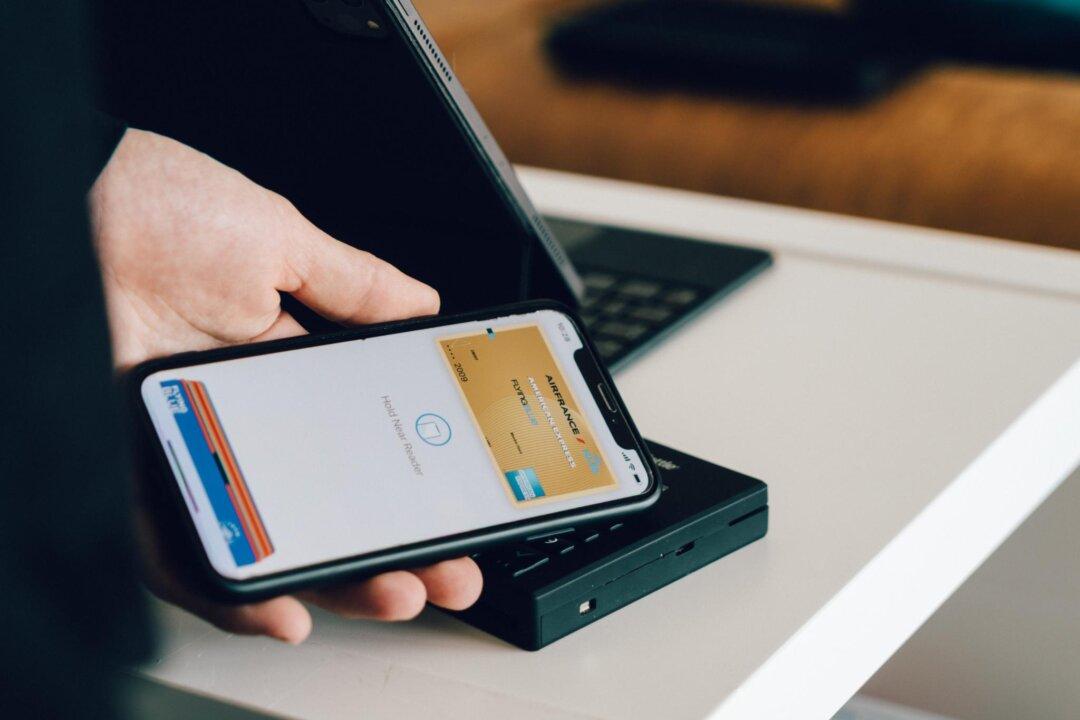With the use of mobile phones and different applications, people now look forward to making payments to various vendors. If you want to develop an eCommerce financial app, it is quite important to integrate a payment gateway to generate more sales and improve the user experience. As per the statistics around 73 percent of total mobile phone users made a purchase and payment through their mobile devices.
Also, every one out of five customers does not stay long on the app while making the purchase if the checkout process is too complicated. But to integrate a mobile payment gateway into your application, you need to ensure that it works properly and you follow certain points. In this article, you will find some important points to consider.





